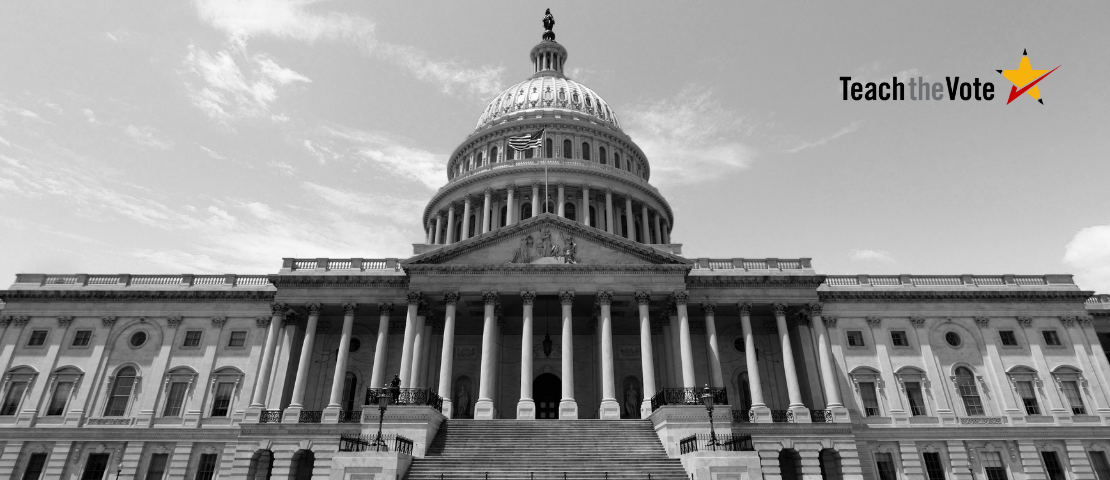Budget plan cutting $4.7 billion from Title I moves forward

School Finance Congress | Federal
Date Posted: 7/17/2024 | Author: Heather Sheffield
On July 10, the U.S. House Appropriations Committee approved a Republican-led plan for the federal fiscal year 2025 budget that would cut the U.S. Department of Education budget by $11 billion or 13% overall, including $4.7 billion from the Title I grant program. The plan in front of the House Appropriations Committee was approved in a 31-25 party line vote. House Republicans recommended cutting the funds because student test scores have declined despite annual increases in Title I funding as well as the provision of ESSER funds during the pandemic. House Democrats worry these massive cuts will result in reduced resources and the loss of 72,000 teaching positions in Title I schools.
As reported by K-12 Dive when the plan passed its Appropriations subcommittee, Ranking Member Rosa DeLauro, D–Conn., said: “For the second year in a row, House Republicans are trying to pass a funding bill that furthers their goal of the complete destruction of public education, fully obstructing the path for children to achieve the American dream.”
Phillip Lovell, associate executive director of the equitable education advocacy group All4Ed, forecast “severe consequences” for students and educators should the plan become law. “Title I funding supports our most vulnerable students, ensuring they have access to quality education and resources necessary for success,” Lovell said.
Rep. Robert Aderholt (R–Ala.), chair of the Labor, Health and Human Services, Education, and Related Agencies Subcommittee, released the following statement: ″With today’s approval by the full Committee, we are one step closer to delivering on our continued commitment to restoring trust with the American people by laying a foundation for transparency and fiscal responsibility in the appropriations process.”
Read more about the plan for the Department of Education in the K-12 Dive article. Fiscal year 2025 begins Oct. 1 and ends Sept. 30, 2025. The budget must pass the full U.S. House and Senate, as well as be signed by President Joe Biden.
CONVERSATION
RECOMMENDED FOR YOU

02/13/2026
Teach the Vote’s Week in Review: Feb. 13, 2026
Early voting for the March primary election begins Tuesday, Feb. 17, and runs through Friday, Feb. 27.

02/06/2026
Teach the Vote’s Week in Review: Feb. 6, 2026
A special election runoff in Texas Senate (SD) 9 results in a dramatic party flip in a Republican stronghold.

02/06/2026
Congress finally unveils long-awaited education budget after another brief government shutdown
Texas schools are receiving short-term stability in key federal supports but no new fiscal capacity to address growing student needs, staffing challenges, or service mandates.

